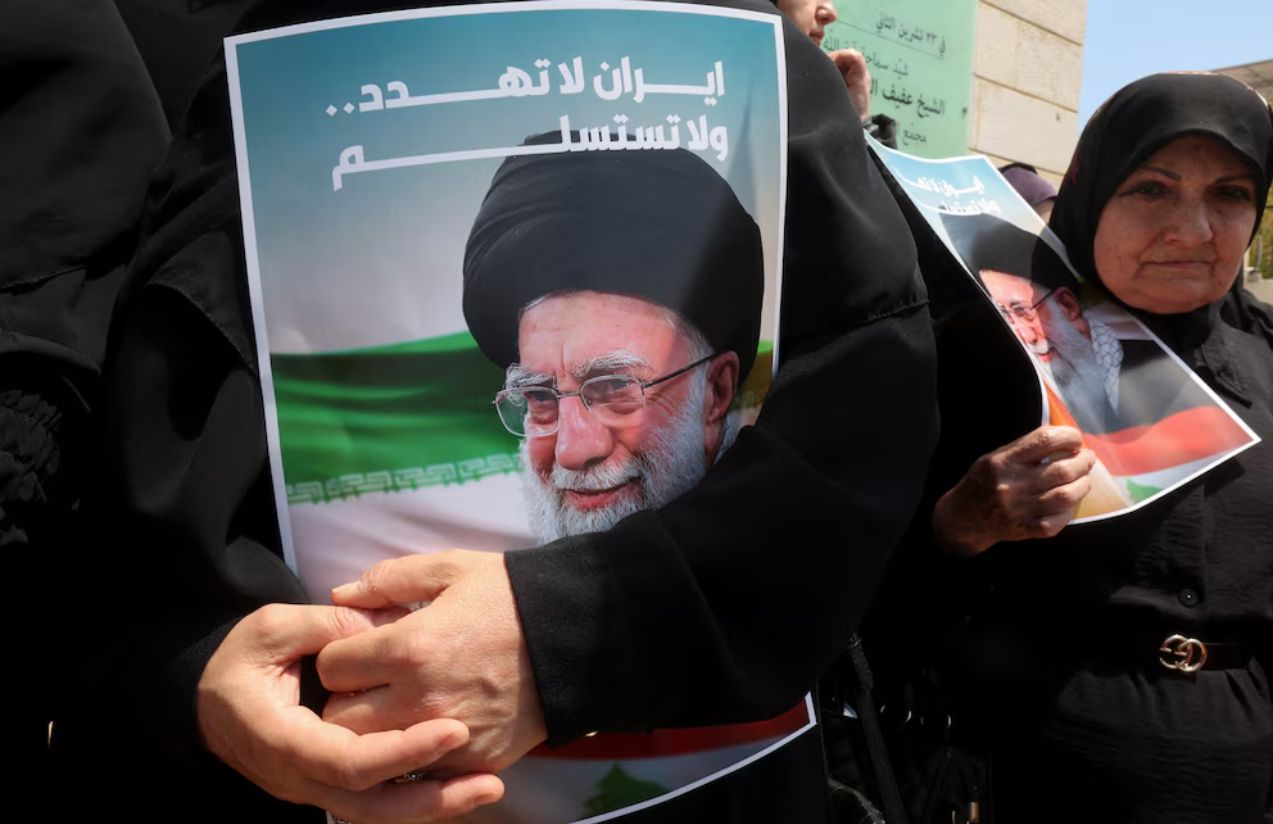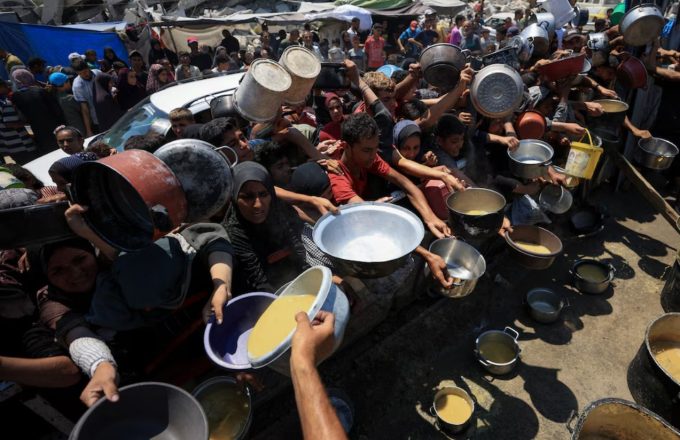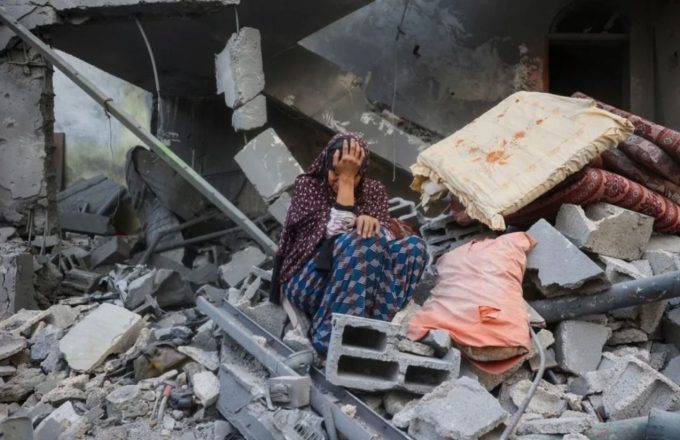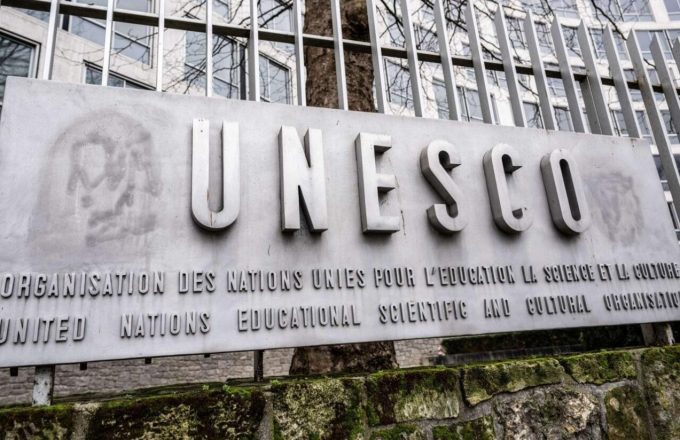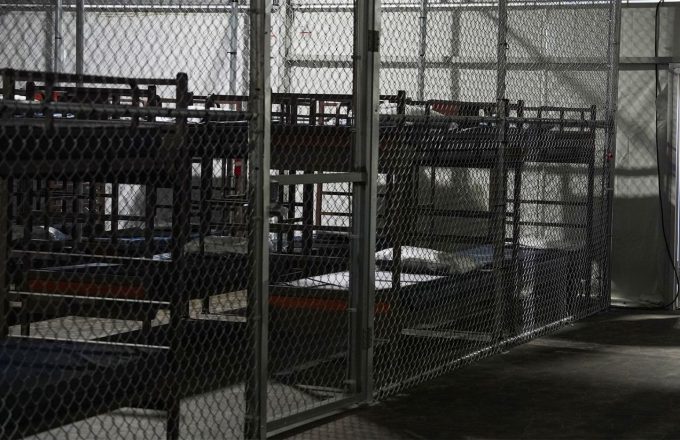Amid escalating hostilities between Iran and Israel, Iran’s Supreme Leader, Ayatollah Ali Khamenei, has severely restricted his electronic communications and taken refuge in a bunker, according to three senior Iranian officials cited by The New York Times. These emergency measures reflect fears of an assassination and the severity of a conflict threatening to destabilize the Islamic Republic after more than three decades of his rule.
To maintain communication with his military commanders, Khamenei relies solely on a trusted aide. In an unusual move, he has also named three high-ranking clerics as potential successors in the event of his death—an indication of the critical nature of the situation. So far, their identities have not been made public.
These precautions followed a series of surprise Israeli attacks last week, reportedly the most intense strikes against Iran since the 1980s war with Iraq. Within days, the bombings inflicted more damage in Tehran than Saddam Hussein’s forces caused during eight years of war. The Israeli offensive has targeted military facilities, nuclear research centers, and the homes of top commanders, resulting in numerous casualties among senior military leadership.
In response, Iran has reorganized internally and launched daily counterattacks on Israeli targets, including a hospital, the Haifa oil refinery, religious sites, and residential areas. Officials say the country is preparing for multiple scenarios as the war deepens, while the U.S., under President Donald Trump, weighs the possibility of direct intervention.
Despite the chaos, Iran’s military chain of command remains intact, with no visible signs of political dissent. At 86, Khamenei views the possibility of assassination as a form of “martyrdom” and has instructed the Assembly of Experts—the body responsible for appointing the Supreme Leader—to be ready for a swift transition in order to safeguard the regime. Notably, his son, Mojtaba Khamenei, despite his close ties to the Revolutionary Guard, is not among the proposed successors.
Since the outbreak of hostilities, Khamenei has issued two video messages, asserting that Iran will stand firm against any “imposed war.” Normally residing in the fortified beit rahbari compound in Tehran, he was forced to relocate to an underground bunker due to the severity of the Israeli attacks.
The scale of the Israeli offensive has exposed major flaws in Iran’s security and intelligence apparatus. Officials suspect covert Israeli infiltration has enabled precision drone strikes on key infrastructure. In an audio message, Mahdi Mohammadi, an adviser to parliamentary speaker General Mohammad Ghalibaf, admitted to a “massive security breach.”
Iranian authorities now fear not only an attempt on Khamenei’s life, but also a potential U.S. military intervention and further attacks on vital infrastructure, particularly its nuclear facilities. Experts believe only the United States has the weaponry needed to destroy heavily fortified sites like the Fordo nuclear plant.
To mitigate these threats, the Intelligence Ministry has banned senior officials and military commanders from using mobile phones or electronic devices, ordering them to remain in underground shelters. Internet access has been cut, and international calls blocked. “The security apparatus has determined that, at this critical moment, the internet is being used to endanger lives,” said Ali Ahmadinia, spokesman for Iranian President Masoud Pezeshkian.
Tehran is nearly deserted, as several districts have been evacuated following Israeli orders. On-the-ground accounts describe heightened security and checkpoints along major and secondary roads.
Yet despite the tension, the Iranian public has responded with swift solidarity. Citizens, businesses, and civil society groups have mobilized to aid displaced families—offering shelter, psychological support, discounted food, and transportation. Bakeries are limiting sales to ensure equitable bread distribution, and volunteers are assisting the elderly and disabled.
Nobel Peace Prize laureate and human rights advocate Narges Mohammadi warned that “democracy cannot come through violence and war.” Meanwhile, former Vice President Mohammad Ali Abtahi noted that Israel’s offensive had an unintended consequence: rare unity among Iran’s political factions. “The war has softened our internal divisions,” he said.
A wave of nationalism is sweeping across the country and the diaspora, even among regime critics. “As a family, we may not always agree—but the land of Iran is our red line,” said footballer Saeid Ezzatollahi.
“We are witnessing a beautiful unity among our people,” said Reza, a businessman now taking shelter near the Caspian Sea. “We are afraid, but we are also supporting each other, showing kindness and solidarity. We feel attacked—not just as individuals, but as a nation.”


